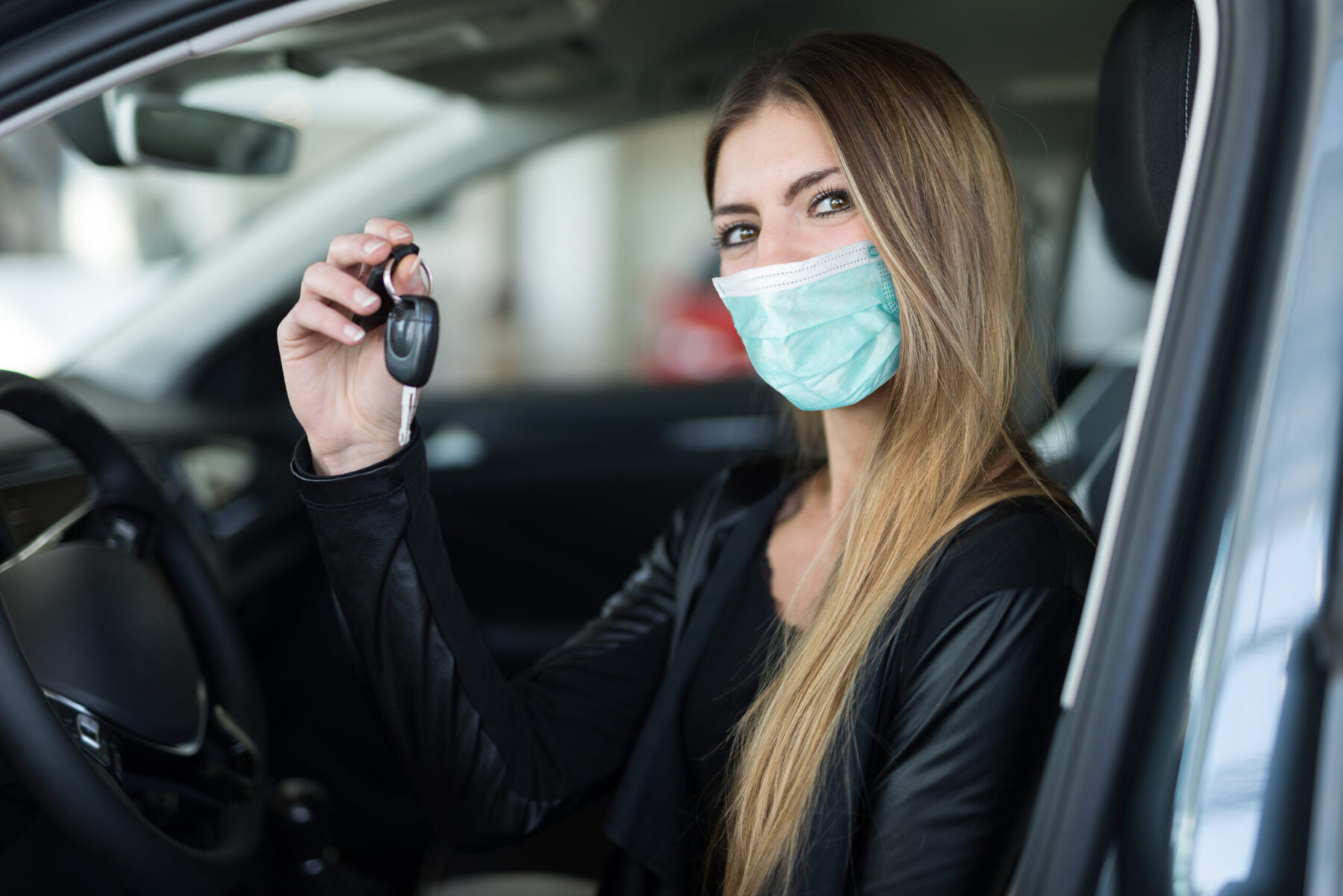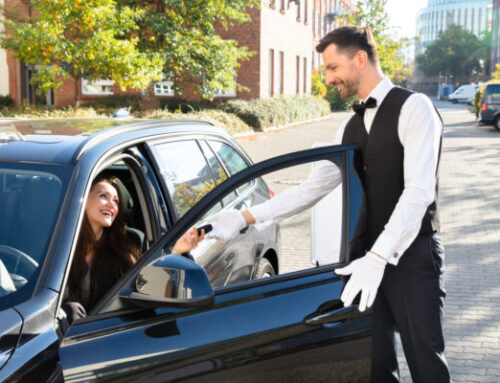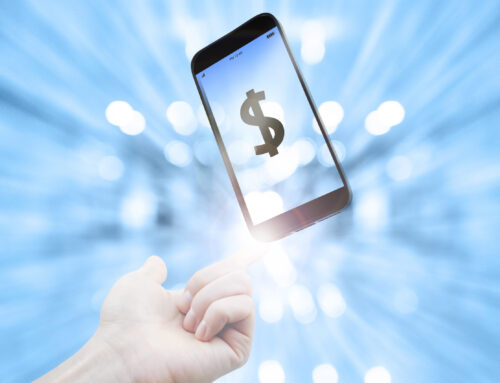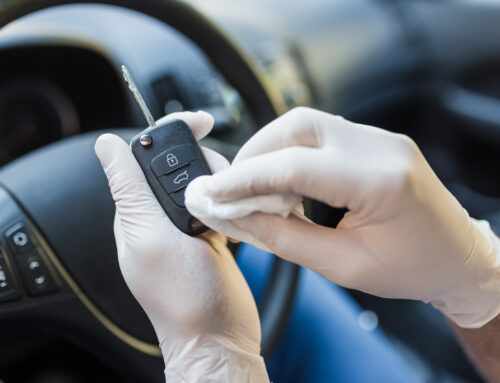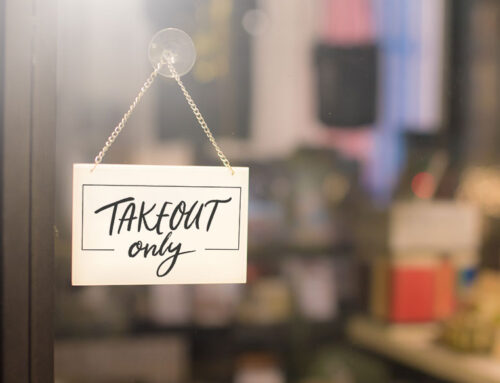The pandemic disruption had side effects – like permanent mask wearing and empty office space as employees across the US set up laptops in their dining rooms and work from home for the foreseeable future. For businesses in parking, hospitality, and retail industries, the impact was direct and devastating. In July, Bloomberg.com reported that New York City is estimated to lose more than $590 million in parking revenue this year due to the pandemic*. But like any adversity, US business leaders, and especially small business owners, rose to meet this global challenge by seeking ways to add value and enhance services in a COVID-19 marketplace.
Rise of the hybrids
- Valet operators who continued running valet service at busy hospitals added lobby screeners and traffic controllers to their menu of services, adding value to healthcare facilities that saw an influx of patients needing testing for COVID-19.
- Self-park lot operators added car detailing in addition to parking, so customers eager to dine-in at their recently opened favorite local restaurant can get back in a freshly disinfected car.
- Stadiums like San Antonio Missions added contactless F&B ordering and payment so fans not only got VIP service with F&B delivery to the seat, they can practice excellent social distancing. Next season, F&B ordering is a cashless, app-free experience with a masked runner delivering orders at speeds much faster than a concession stand line.
Going contactless doesn’t have to be an impersonal experience, just an intangible one.
*https://www.bloomberg.com/news/articles/2020-07-23/new-york-city-to-lose-almost-600-million-in-parking-revenue

